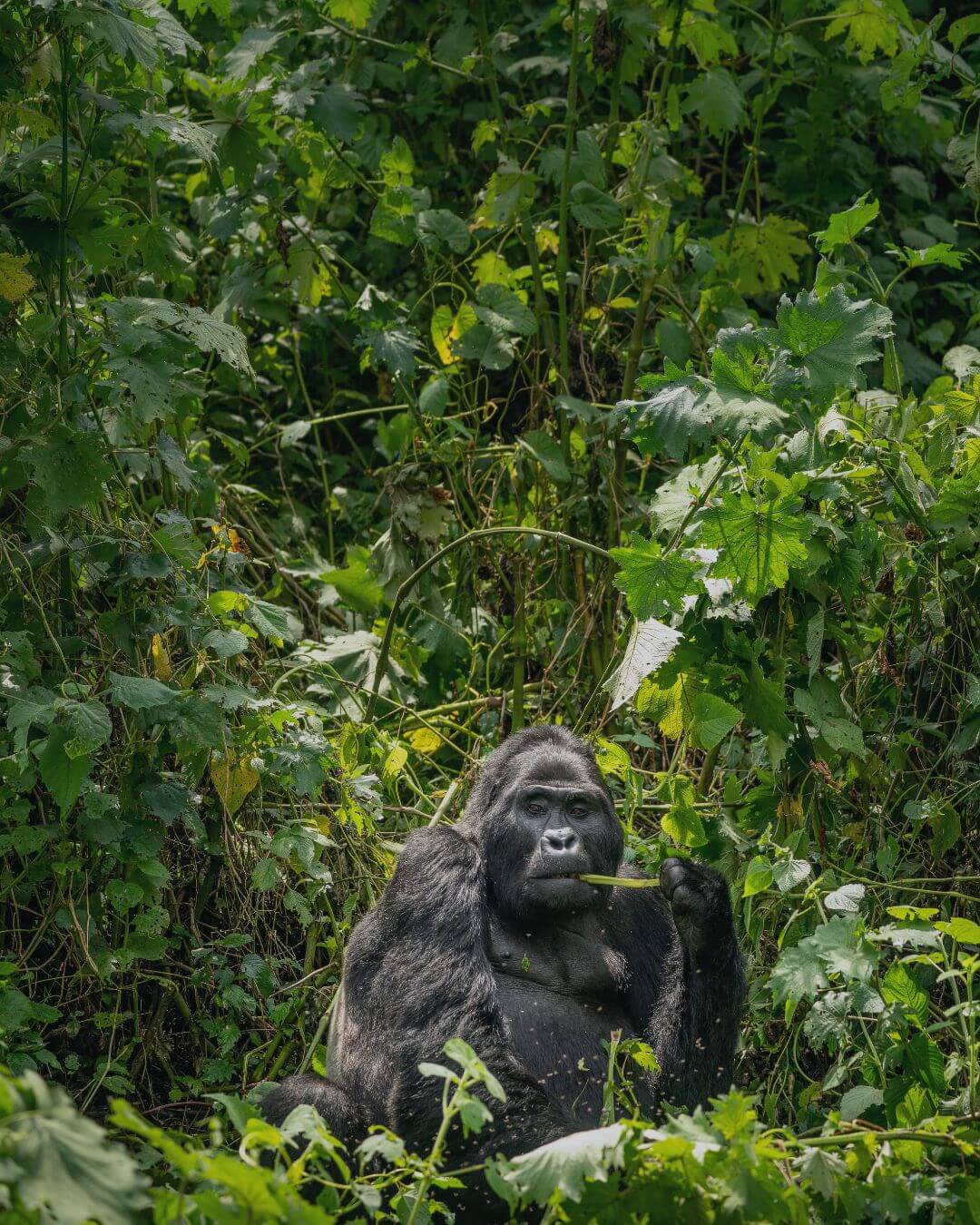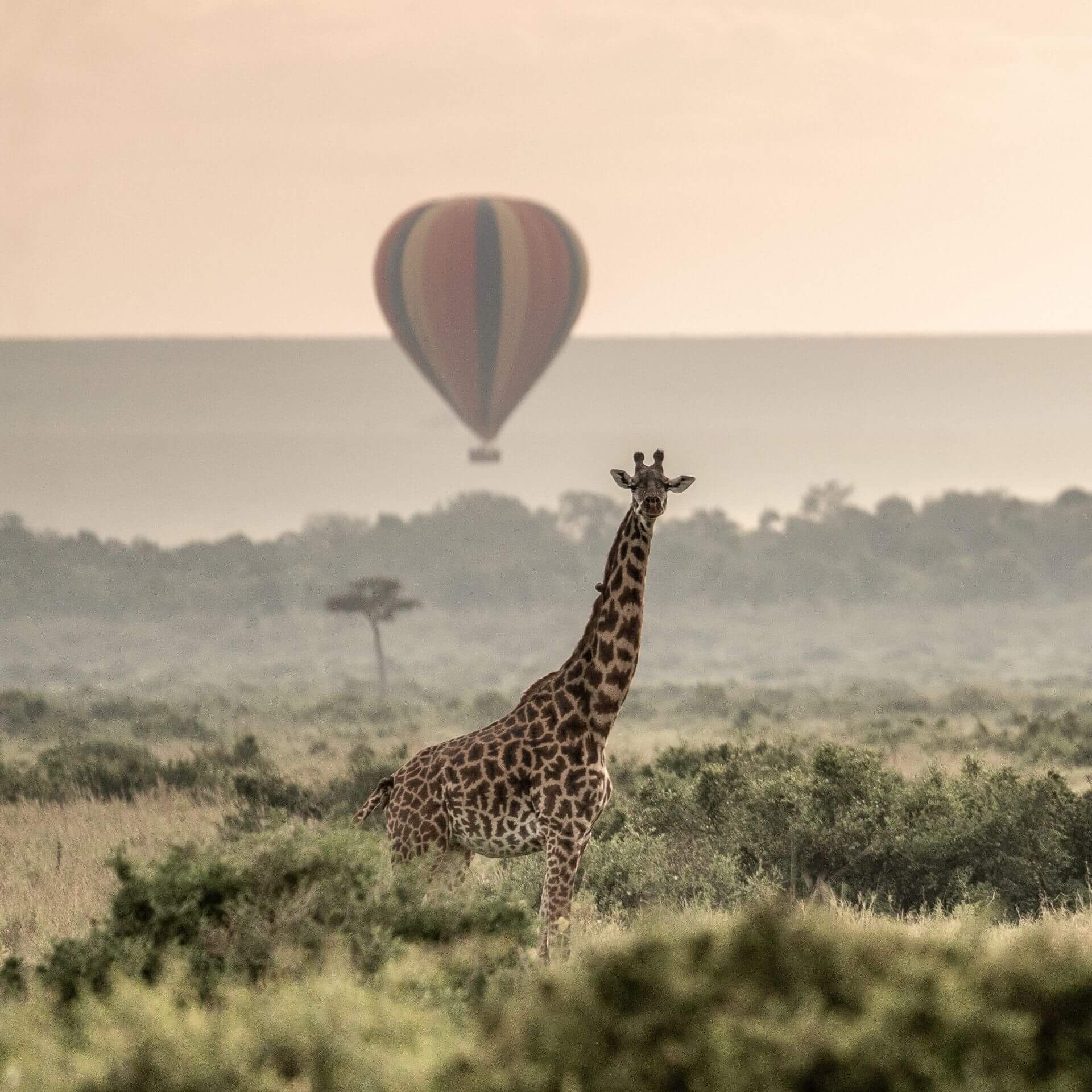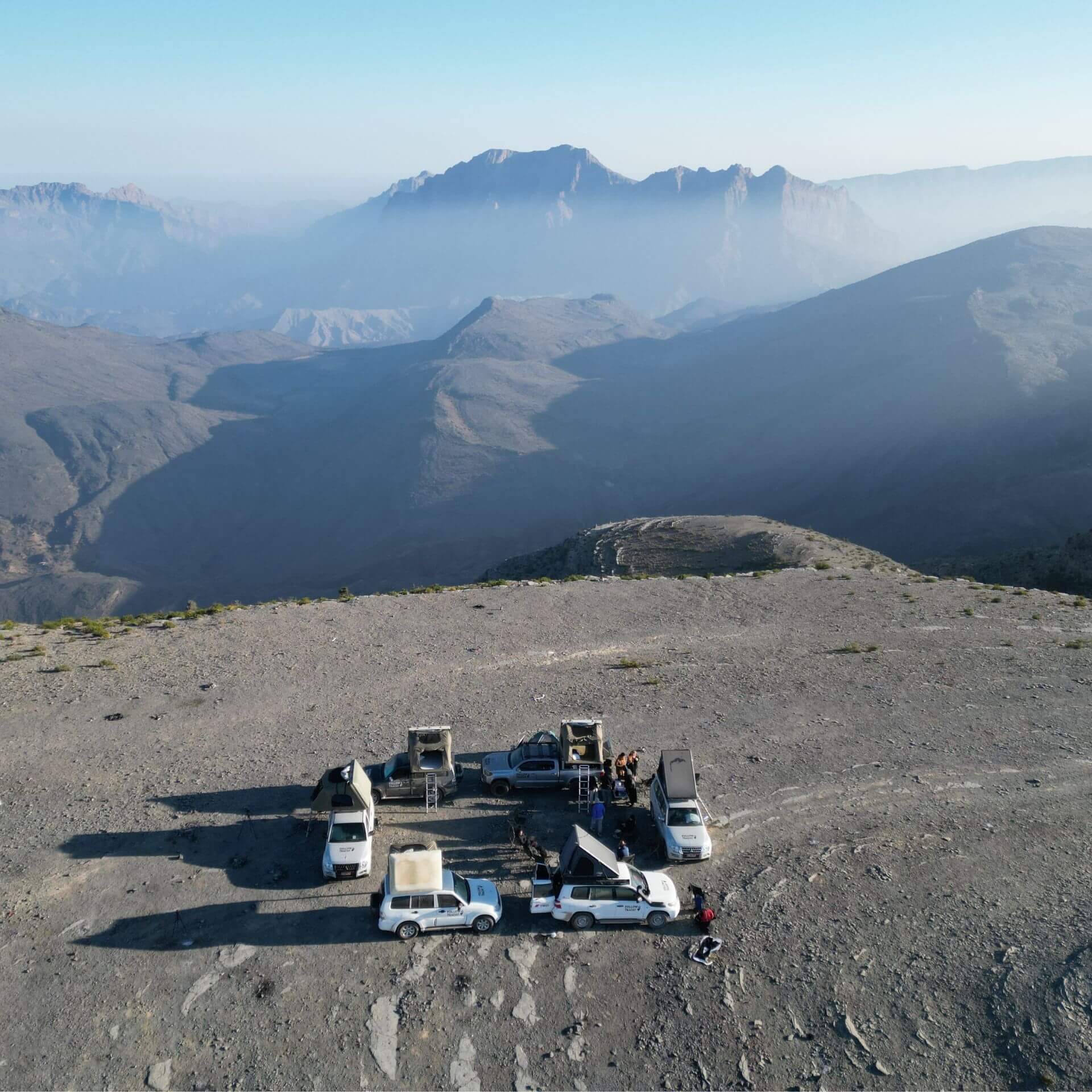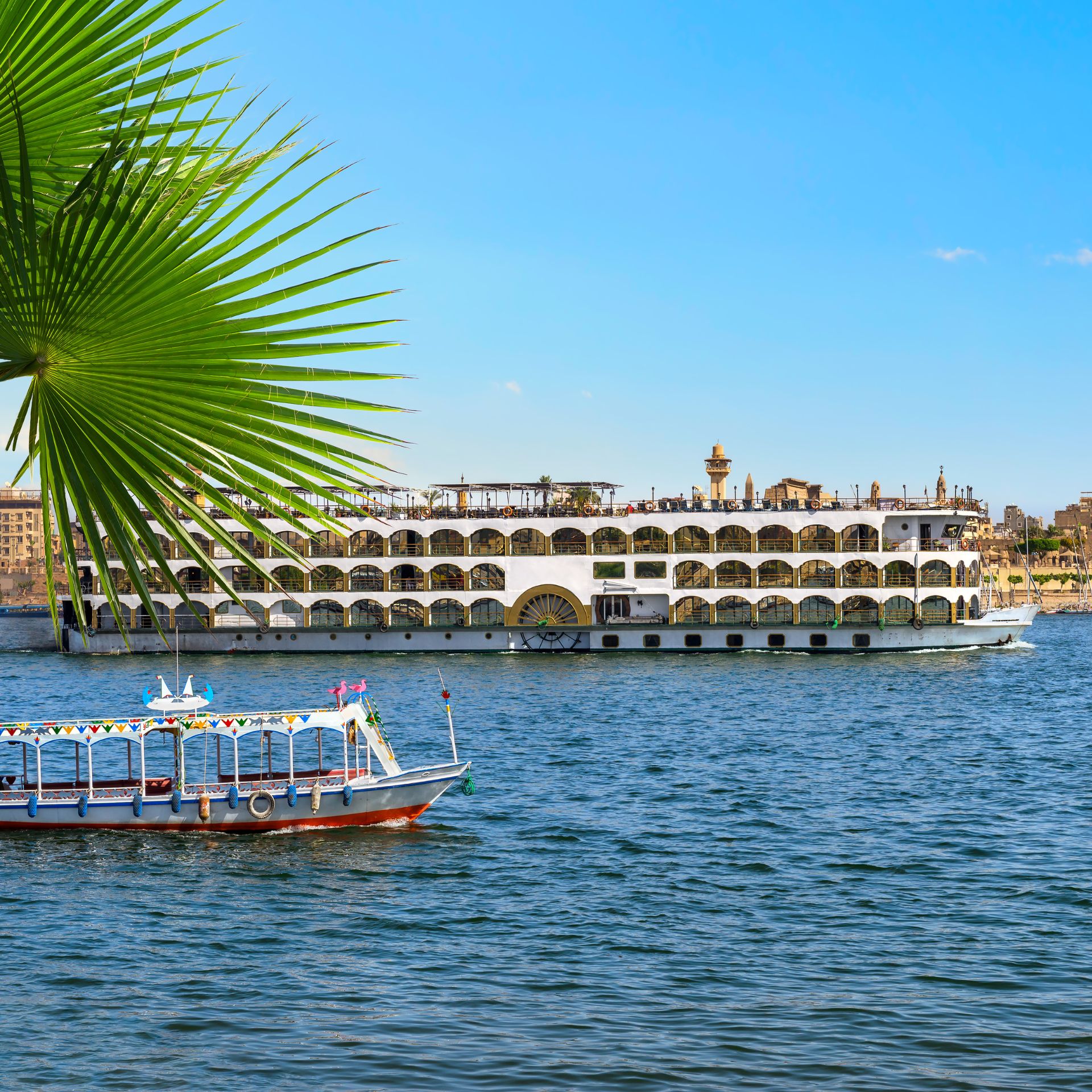Discover the nature and culture of Malawi with a road trip that reveals its untouched landscapes and wild adventures.
When I first planned my trip to Malawi, I was excited about exploring a country often overlooked by travelers. Malawi’s mix of stunning landscapes, diverse wildlife, and friendly locals makes it an excellent destination for a road trip.
The roads are generally good, the scenery is breathtaking, and the experiences are unforgettable. Driving through Malawi offers the perfect blend of adventure and relaxation, from exploring national parks teeming with wildlife to lounging on the shores of Lake Malawi. My journey through Malawi was nothing short of spectacular, and I highly recommend it to anyone seeking a unique African adventure.
This is not the Africa of fancy lodges and luxury safaris. If you’re coming to Malawi for that, you’re in the wrong country. This is an African road trip reminiscent of the 1950s, a journey now mostly found in anecdotes and books. The big plus: Malawi is a safe as some countries in Europe.
Read more: Best National Parks in Malawi for a Safari
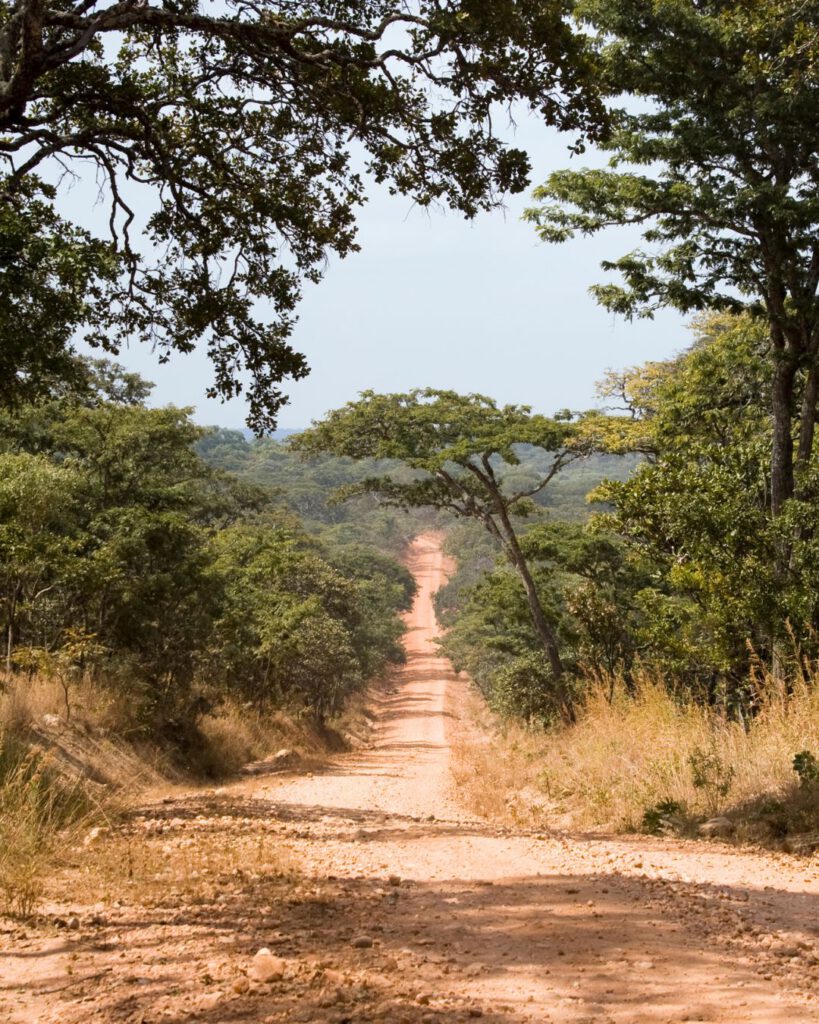
Understanding Malawi
Malawi is a booming travel destination that remains incredibly safe and accessible for tourists. Despite its curious unpopularity and smaller size compared to many other African countries, a road trip in Malawi offers an impressive variety of landscapes and experiences. From the highlands of Nyika National Park to the calm waters of Lake Malawi, the country’s natural beauty is captivating.
One of the most appealing aspects of Malawi is its affordability. Travel costs, including accommodation, food, and activities, are relatively low, making it an excellent destination for travelers trying to make the most of their budget. The infrastructure is also quite good, with well-maintained roads connecting major cities and tourist attractions.
In my opinion, a road road trip in Malawi, along with Namibia, provides one of the best introductions to Africa for road trippers. The country is compact enough to explore thoroughly in a couple of weeks, yet diverse enough to keep you engaged throughout your journey. Whether you’re a nature lover, an adventure seeker, or someone looking to relax by the lake, Malawi has something to offer.
Read more: How to plan a safari in Amboseli National Park in Kenya
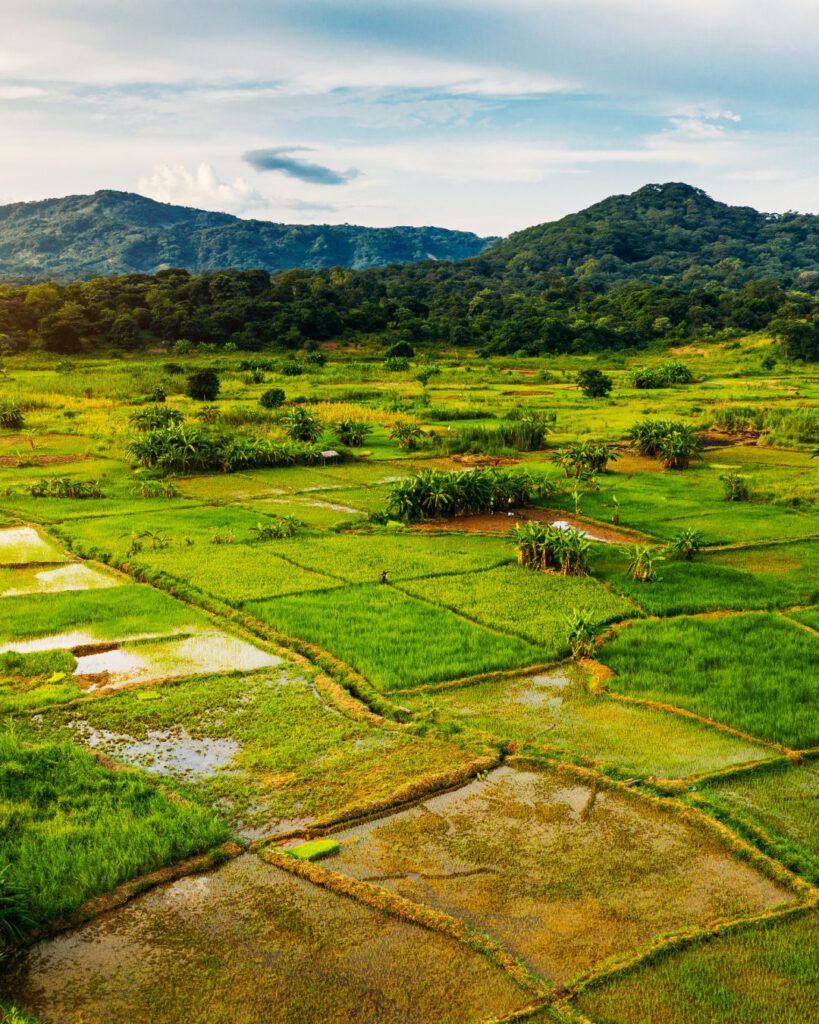
Driving in Malawi
Basic Rules and Gas Prices
Driving in Malawi is straightforward, but there are a few basics you should know:
- Driving Side: Vehicles drive on the left-hand side of the road – just like England.
- Connectivity: I bought a local SIM card and had internet connection almost everywhere around the country.
- Fuel: The cost of gasoline is around MWK 2000 per liter (approximately EUR 1). Fuel stations are frequent in urban areas but can be sparse in rural regions, so it’s wise to refuel whenever possible.
- Tolls: There are a few toll roads, so keep some local currency on hand for these fees.
Safety in Malawi
Malawi is one of the safest countries in Africa for travelers. The crime rate is low, and locals are known for their hospitality. However, it’s always wise to take standard precautions: don’t leave valuables in plain sight, lock your car when parked, and avoid driving at night due to poor visibility and the risk of encountering wildlife or livestock on the roads. In rural areas, be cautious of pedestrians and animals crossing the roads unexpectedly. Having a local SIM card and Internet is recommended, as road signage can be inconsistent in remote areas.
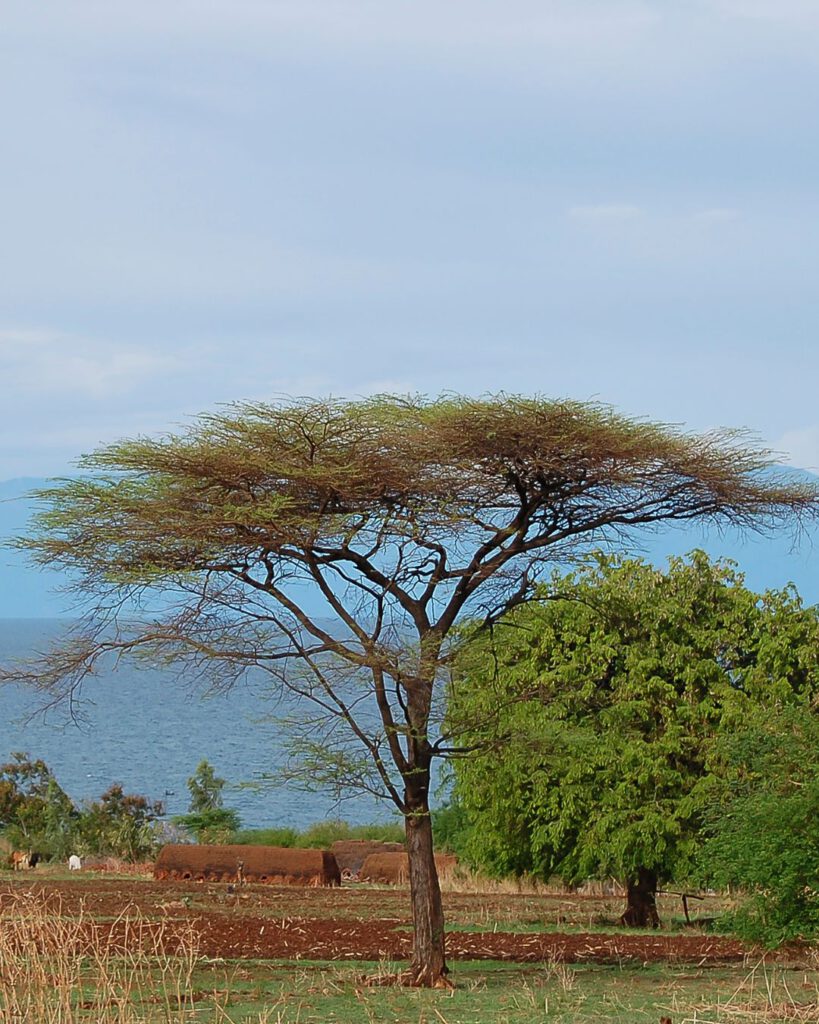
Getting a Vehicle
Renting a car in Malawi is relatively easy and similar to renting in Europe. The best experience is renting an SUV with a few friends, providing the flexibility to explore off-road destinations and national parks. Prices for rental cars vary: a small car costs around MWK 60,000 (EUR 30) per day, while an SUV can cost around MWK 100,000 (EUR 50) per day – cheapest prices I’ve seen in Africa to be honest.
Self-Driving vs. Having a Driver
With most car rental operators you will get asked at some point if you want a driver to join you. To be honest, I find it unnecessary in this country – unlike other places like Burkina Faso, Ivory Coast or Guinea, where roads are just exhausting and having an experience man with you makes a difference.
However, just like everything, there are advantages of getting a driver or not.
Advantages of Self-Driving
- Flexibility: Plan your itinerary and make spontaneous stops.
- Cost-Effective: Saves money if you are traveling with friends.
- Adventure: Experience the thrill of driving through diverse landscapes.
Advantages of Having a Driver
- Local Knowledge: Drivers know the best routes and local attractions.
- Relaxation: Focus on enjoying the scenery without the stress of navigation.
- Safety: Drivers are familiar with local driving conditions and regulations.
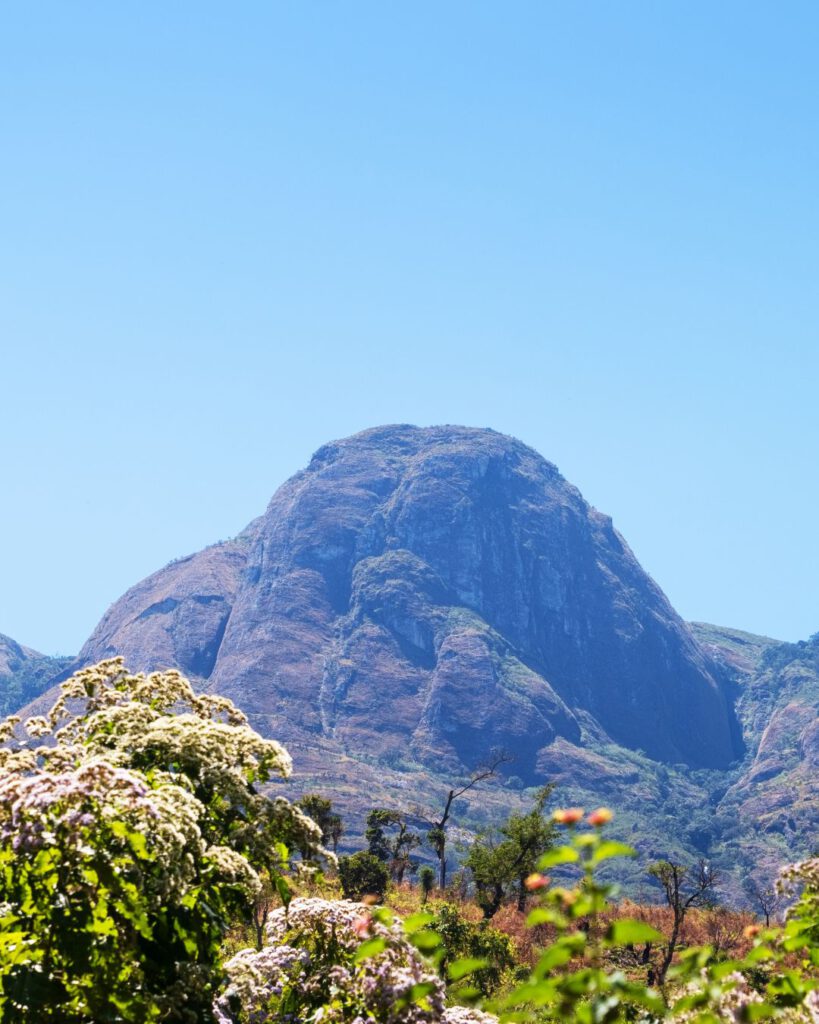
How to Book a Car
Booking a car through popular online platforms is convenient, but for better prices and conditions, I recommend going directly to local tour operators. Anna’s Car Rental offers reliable services with competitive prices. I got the chance to meet the owner of the company – Yes! Anna. And I found her vehicles and prices the best. For small cars, the rates start at MWK 60,000 (EUR 30) per day, and for larger vehicles, the rates are around MWK 120,000 (EUR 60-70) per day. You can contact them on WhatsApp. This is their website.
Don’t Forget to Ask:
- Are all insurances included?
- Is the safety equipment and spare tire provided?
- What type of gasoline does the vehicle need?
- Where should I call in case of an accident?
- What is the fuel policy?
- Are there any mileage restrictions?
Renting a Car with a Tent and Equipment
Many local tour operators offer additional equipment such as tents, cooking gear, and other camping essentials if you are planning a full road trip in Malawi. This option enhances the road trip experience, allowing you to camp in national parks and remote areas. Booking directly with tour operators often provides better prices and conditions, ensuring you have everything you need for an adventurous and comfortable journey.
Read more: These are the best national parks in Malawi
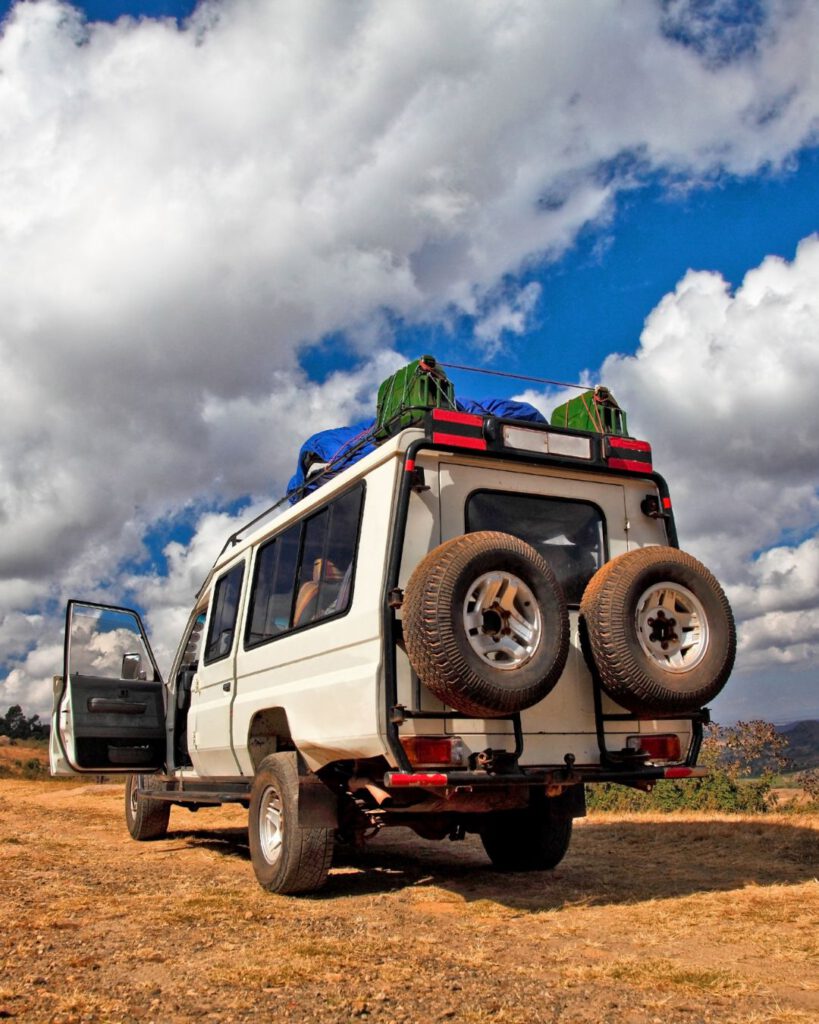
Planning a Route
Malawi is shaped like a long strip, stretching from the northern border with Tanzania to the southern border with Mozambique. Imagine a long snake. With the best arrival point, Lilongwe, in the middle. this geography makes it interesting for a variety of road trip routes.
Route 1: Starting and Finishing in Lilongwe (Full Circle Route)
- Highlights: Lilongwe, Lake Malawi, Nyika National Park, Viphya Plateau, Kasungu National Park
- Distance: Approximately 1,000 km
- Duration: 10-14 days
- Advantages: Covers a diverse range of landscapes and experiences.
- Disadvantages: Requires careful planning to avoid backtracking. It requires you to drive all the way back from the north and the south and pass 2 times through Lilongwe.
This route for a road trip in Malawi is ideal for those who want to experience a bit of everything Malawi has to offer. Starting in the capital city, Lilongwe, you can head north towards the scenic Viphya Plateau, known for its pine forests and hiking trails. From there, move to the stunning Nyika National Park, which offers unique highland scenery and abundant wildlife. The route then takes you to the shores of Lake Malawi, where you can relax on its pristine beaches. Finally, loop back to Lilongwe via Kasungu National Park, a haven for bird watchers.
Route 2: Starting in Lilongwe and Finishing in Blantyre
- Highlights: Lilongwe, Dedza, Lake Malawi, Liwonde National Park, Blantyre
- Distance: Approximately 600 km
- Duration: 7-10 days
- Advantages: Combines city experiences with wildlife and cultural sites. It is a great introductory route and this is what I did during my stay.
- Disadvantages: Shorter route, may miss out on northern attractions.
This route for a road trip in Malawi focuses on the central and southern regions of Malawi. Starting in Lilongwe, drive south to Dedza, famous for its pottery and rock art. You can also make a stop at Lake Malawi and if you have the time and budget, book at least 2 nights at the Blue Zebra Lodge – trust me. It’s worth it. Continue to Liwonde National Park, which is teeming with wildlife such as elephants and hippos. The journey ends in Blantyre, the commercial hub of Malawi, where you can enjoy the vibrant city life and historic architecture. This route is perfect for travelers who want to combine wildlife experiences with cultural and urban exploration.
Route 3: Starting in Blantyre and Finishing at the Tanzania Border
- Highlights: Blantyre, Mount Mulanje, Lake Malawi, Mzuzu, Nyika National Park
- Distance: Approximately 1,200 km
- Duration: 12-16 days
- Advantages: Comprehensive coverage of the country from south to north. It’s perfect for those wanting to do multiple countries. It can be done also from the opposite way – Pick up in the border, drop off in Lilongwe/Blantyre.
- Disadvantages: Longer route, more driving involved. It requires you to talk to the car rental company and negotiate a drop off at the border. It also requires you to make arrangements at the Tanzania border.
This route for a road trip in Malawi covers the southern to northern extremes of Malawi. Begin in Blantyre, then head east to Mount Mulanje, known for its hiking trails and breathtaking views. Travel north along Lake Malawi, stopping at various beach towns such as Cape Maclear and Nkhata Bay. The route concludes at the Tanzania border, passing through the remote and beautiful Nyika National Park. This route is for those seeking an extensive exploration of Malawi’s diverse landscapes and cultures.
Read more: This is the funeral ceremony in Malawi – Meeting the Chewa people
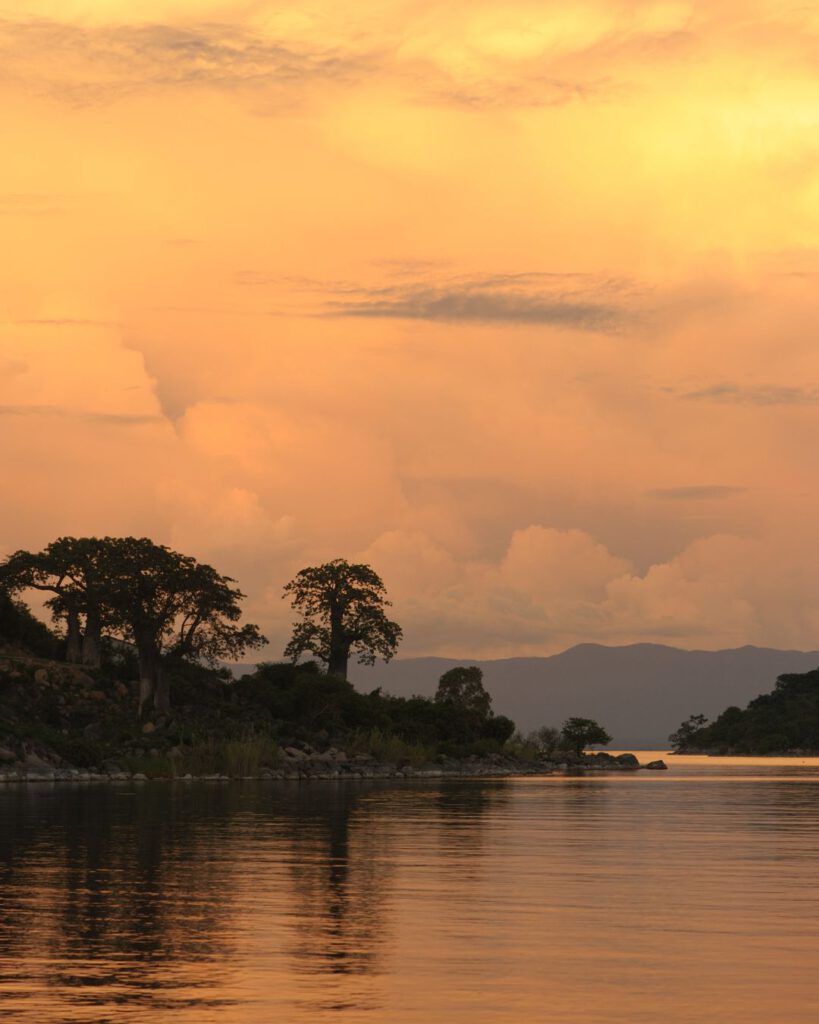
Best Places to Visit in Malawi on a Road Trip
National Parks
- Liwonde National Park: Known for its large populations of elephants and hippos, Liwonde is a must-visit for wildlife enthusiasts. Take a boat safari on the Shire River for a unique perspective. Entry fee is MWK 30,000 (EUR 15). Book tours through African Parks.
- Nyika National Park: Offers stunning highland scenery and unique wildlife like roan antelope and zebras. The cool climate and rolling hills make it ideal for hiking and exploring. Entry fee is MWK 20,000 (EUR 10). Visit Nyika-Vwaza Trust.
- Kasungu National Park: A less-visited park, great for bird watching and game drives. Its relative seclusion means you’ll often have the park to yourself, enhancing the wildlife viewing experience. Entry fee is MWK 16,000 (EUR 8). Information available here.
- Majete Wildlife Reserve: Home to the Big Five, this reserve has undergone significant restoration efforts. It’s a prime example of successful conservation, making it a rewarding visit. Entry fee is MWK 40,000 (EUR 20). More details on African Parks.
- Vwaza Marsh Wildlife Reserve: Known for its hippos and diverse birdlife, Vwaza is a paradise for nature lovers. The marshes and lagoons offer excellent opportunities for photography and wildlife viewing. Entry fee is MWK 14,000 (EUR 7). Visit Malawi Tourism.
NOTE: Verify all prices before booking. Due to inflation, prices in Malawi have been changing a lot
Read more: The current challenges and efforts of Malawi to protect wildlife

Lake Malawi
- Cape Maclear: This UNESCO World Heritage Site is perfect for snorkeling and diving. The crystal-clear waters and vibrant fish species make it a top spot for underwater activities. Accommodation ranges from MWK 35,000 (EUR 15) per night.
- Nkhata Bay: Known for its vibrant community and beautiful beaches, Nkhata Bay offers a mix of relaxation and local culture. It’s also a gateway for boat trips to the remote Likoma Island. Stay at local lodges for around MWK 20,000 (EUR 10) per night.
- Likoma Island: Remote and tranquil with stunning beaches, Likoma Island is accessible by boat and offers an off-the-beaten-path experience. The island’s historic cathedral and secluded beaches are highlights. Accommodation from MWK 40,000 (EUR 20) per night.
- Blue Zebra Lodge: It’s a remote island/resort where travelers can disconnect for a couple of days. Kayak, hiking, spa and other activities are included. Prices start at MWK 200.000 (EUR 100) per night.
- Senga Bay: Popular for its resorts and water activities, Senga Bay is ideal for those looking to relax and enjoy lake life. The area is known for its fishing villages and lively markets. Accommodation starts at MWK 40,000 (EUR 18) per night.
- Monkey Bay: Gateway to the southern part of Lake Malawi, Monkey Bay offers easy access to various lake activities and excursions. It’s a good spot for budget travelers with lodgings available from MWK 24,000 (EUR 12) per night.
Read more: How to plan a safari on a budget
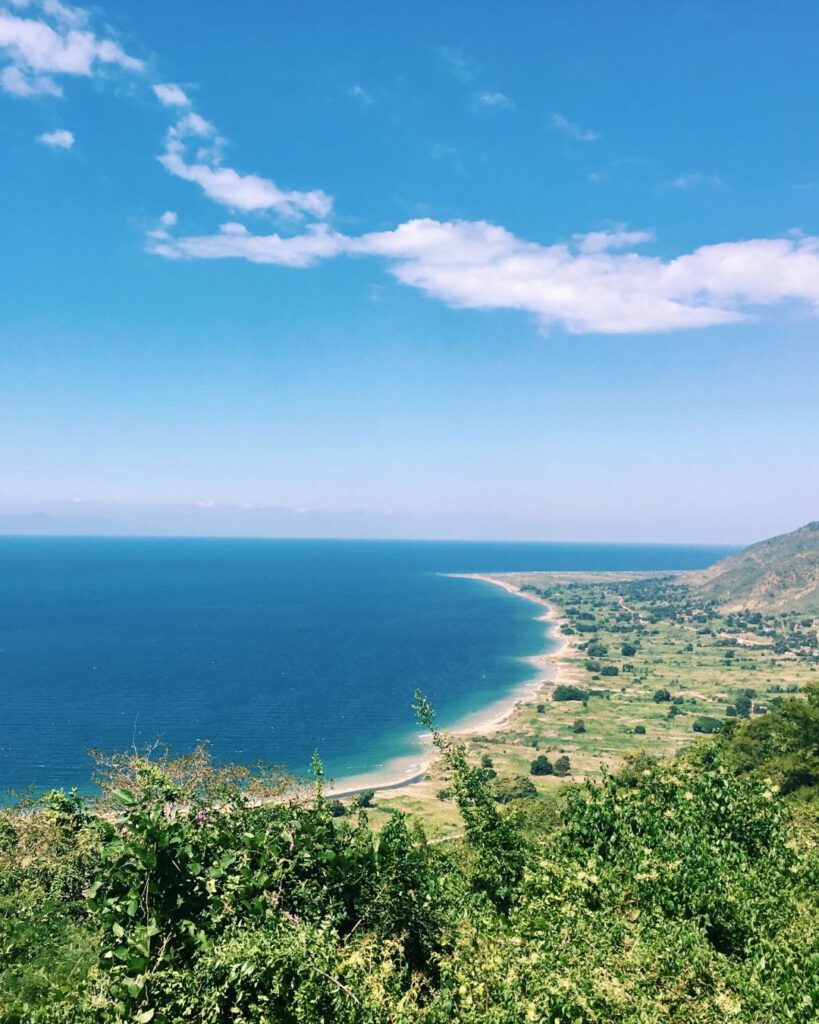
Cities and Villages
- Lilongwe: The capital city is a blend of modern and traditional Malawian culture. Visit the bustling markets, the Parliament Building, and the Lilongwe Wildlife Centre, which rehabilitates injured animals.
- Blantyre: As the commercial hub, Blantyre offers vibrant nightlife, historic buildings, and shopping. Don’t miss the Mandala House, the oldest building in Malawi, which houses a café and art gallery.
- Mzuzu: The largest city in northern Malawi, Mzuzu is an excellent base for exploring the northern region. It’s a friendly city with good amenities, ideal for stocking up before heading to Nyika National Park.
- Zomba: Known for its colonial architecture and the stunning Zomba Plateau, which offers hiking trails and breathtaking views. The plateau’s cool climate and lush scenery make it a refreshing escape.
- Dedza: Famous for its pottery and the Chongoni Rock Art Area, Dedza is rich in culture and history. Visit the Dedza Pottery Lodge for unique souvenirs and enjoy the local cuisine at the lodge’s restaurant.
Read more: How to plan a road trip in Namibia
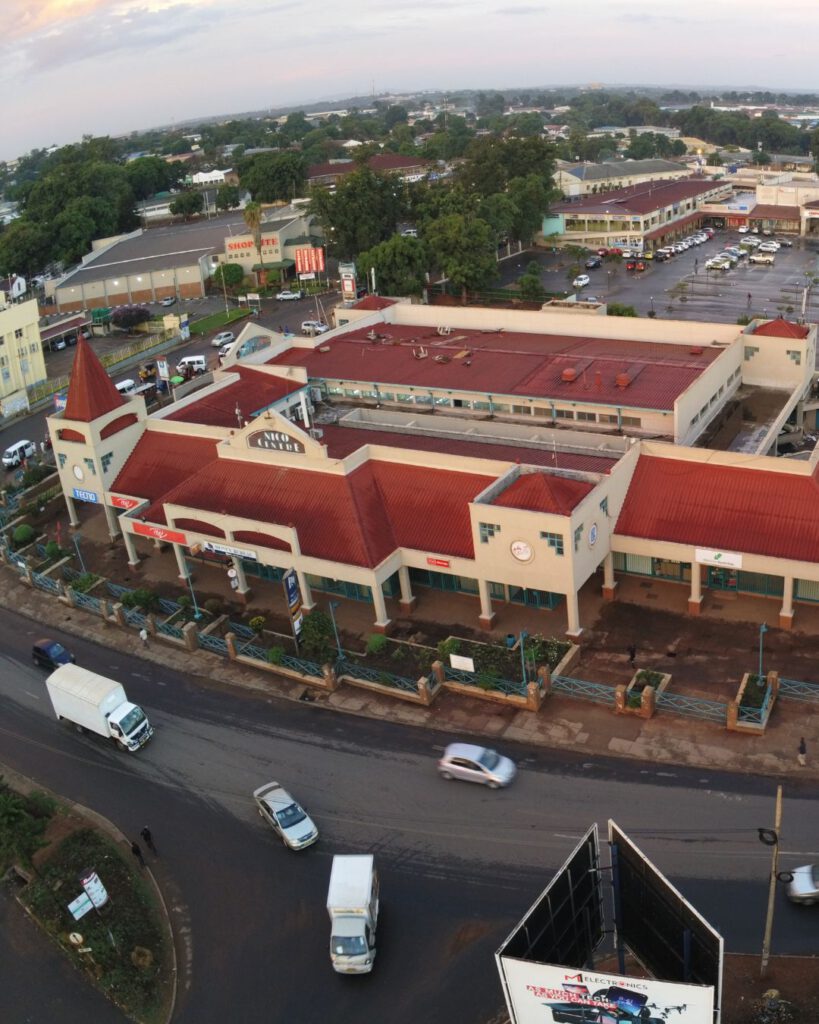
Malawi’s diverse landscapes, from lush forests to arid savannas, and vibrant cities to tranquil lakeshores, make it a captivating destination for a road trip. Whether you’re navigating through national parks teeming with wildlife or lounging on the serene beaches of Lake Malawi, every moment promises a new adventure. The country’s rich culture, friendly locals, and relatively compact size make it an ideal choice for both seasoned road trippers and first-time visitors to Africa. So gear up, hit the road, and explore the wonders of Malawi at your own pace.



